It is a time for families and friends to gather around the table and share a great meal. Once feasting is over, what are you going to do with those festive leftovers? Freeze them!

Not all food is suitable for freezing
Items not suitable for freezing include green leaf salads, fresh fruit or vegetable salads, grapes, fresh whole apples, uncooked plums or pears.
Prepare Food Carefully
Meat: Allow time to cool. Portion as required.
Vegetables: Clean, wash, chop up, blanch, and cool quickly.
Fruit: Wash. Remove leaves, seeds and stalks, or peel as necessary. Freeze with or without fruit juices.
Package Your Leftover Food in the Right Quantities
Fruit and Vegetables: Up to a maximum of 2 lbs per pack
Meat: Up to a maximum of 7 lbs per pack
Ready-made Meals: Up to a maximum 2 lbs per pack
Use Appropriate Packaging
Solid foods (such as meat, vegetables, bread or baked goods) that are intended for defrosting and microwave cooking should only be packed in packaging specified for this purpose.
Pack liquid and soft foods (such as juices, soups, and soft fruit fillings) in suitably strong, airtight food bags or in microwave safe containers.
Label Everything
Make sure to label every container. Don’t forget to put down the date on your label.
Do Not Exceed Recommended Storage Periods
The maximum storage times are:
Meat (depending on type): Between 3 and 6 months
Vegetables: Between 6 and 12 months
Fruit: Between 8 and 12 months
Ready-made meals: Up to 3 months
Actual storage times are dependent on many factors, including your type of freezer. Never exceed storage times recommended by the USDA Food Safety & Inspection Service. Never eat food that doesn’t appear to be fit for consumption.
Check whether your leftover food can be prepared from frozen or has to be defrosted first.
Most food items can be prepared from frozen or when lightly thawed. As a general rule, larger pieces of meat, poultry and fish must be fully defrosted or well thawed before cooking.
Tips for Freezing
Turkey
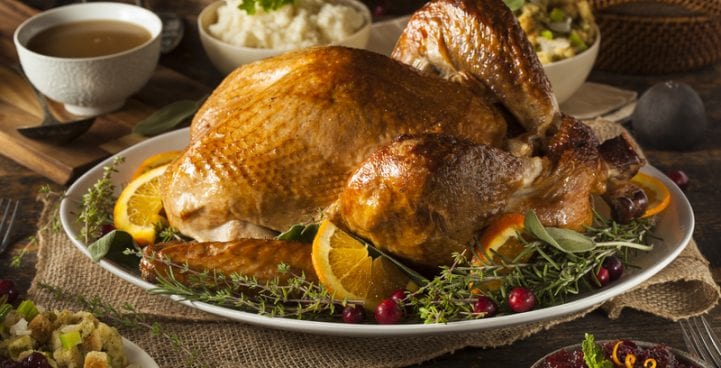
Remove meat from bones. Freeze meat and bones separately.
Storage life in freezer compartment: 3 months
Cooked & Smoked Ham
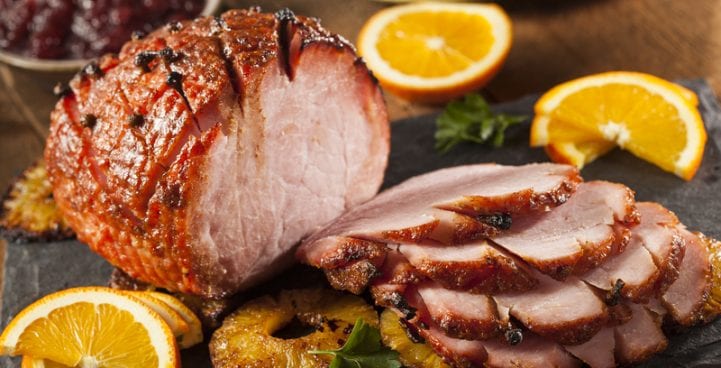
Slice or cut up ham, wrap in airtight freezer bags
Storage life in freezer compartment: 2 months
Casseroles
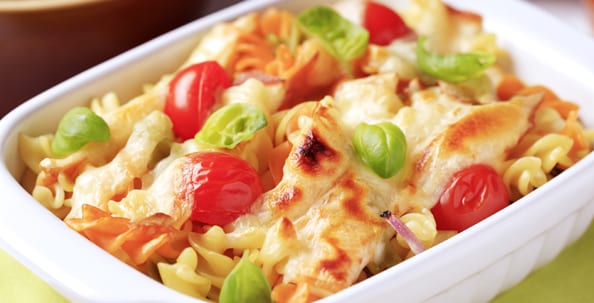
Freeze in the baking dish, once frozen, move to foil or plastic container.
Storage life in freezer compartment: 2-3 months
Roasted Meats
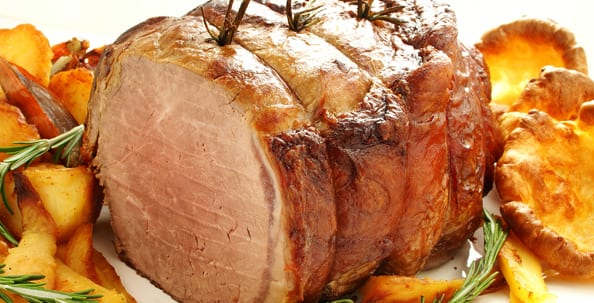
Freeze whole or in slices, with foil between the slices.
Storage life in freezer compartment: 3 months
Stews
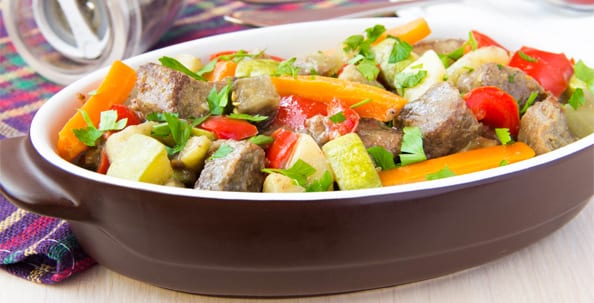
Cook and divide into portions. Pack in solid containers or cook-in freezer bags.
Storage life in freezer compartment: 3 months
Rabbit / Hare
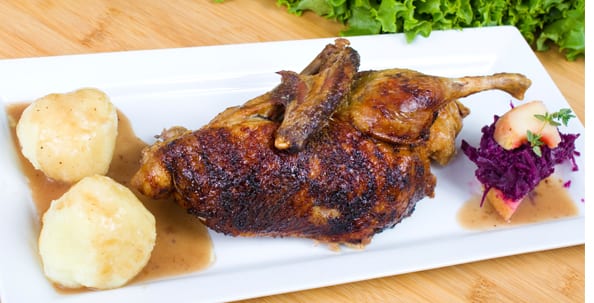
Remove giblets and pack whole, or in portions.
Storage life in freezer compartment: 8 months
Cured Pork

Divide into portions no larger than 7 lbs and pack.
Storage life in freezer compartment: 2-3 months
Dumplings
Store cooked, ready-to-serve dumplings in a solid container or cook-in freezer bag.
Storage life in freezer compartment: 3 months
Pork
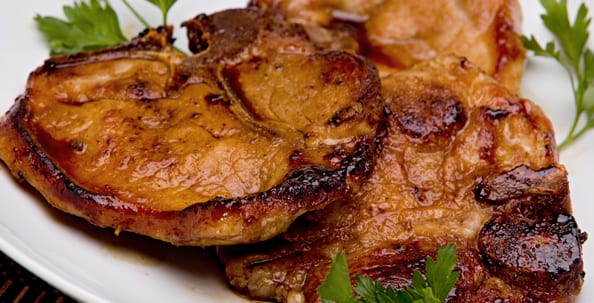
Leaner meat is better suited for freezing than more fatty cuts. Pack in pieces up to max. 7 lbs.
Storage life in freezer compartment: 4-7 months
Soup

Some soups freeze better than others. Remove items that won’t freeze well, such as pasta, before freezing. It’s better (and more appetizing) to add such items back once you reheated the soup. Freeze in small containers or freezer ready food bags.
Storage life in freezer compartment: 3 months
If you have a Liebherr freezer, activate SuperFrost before preparing the items to be frozen or before you sit down to eat. By reducing the temperature in the freezer compartment to as low as -26° F, you can freeze fresh food quickly and carefully, preserving taste and vitamins in the process.
Don’t have a Liebherr? Give your leftovers a great home! Upgrade to a Liebherr this holiday season: Find out more about our full range here.